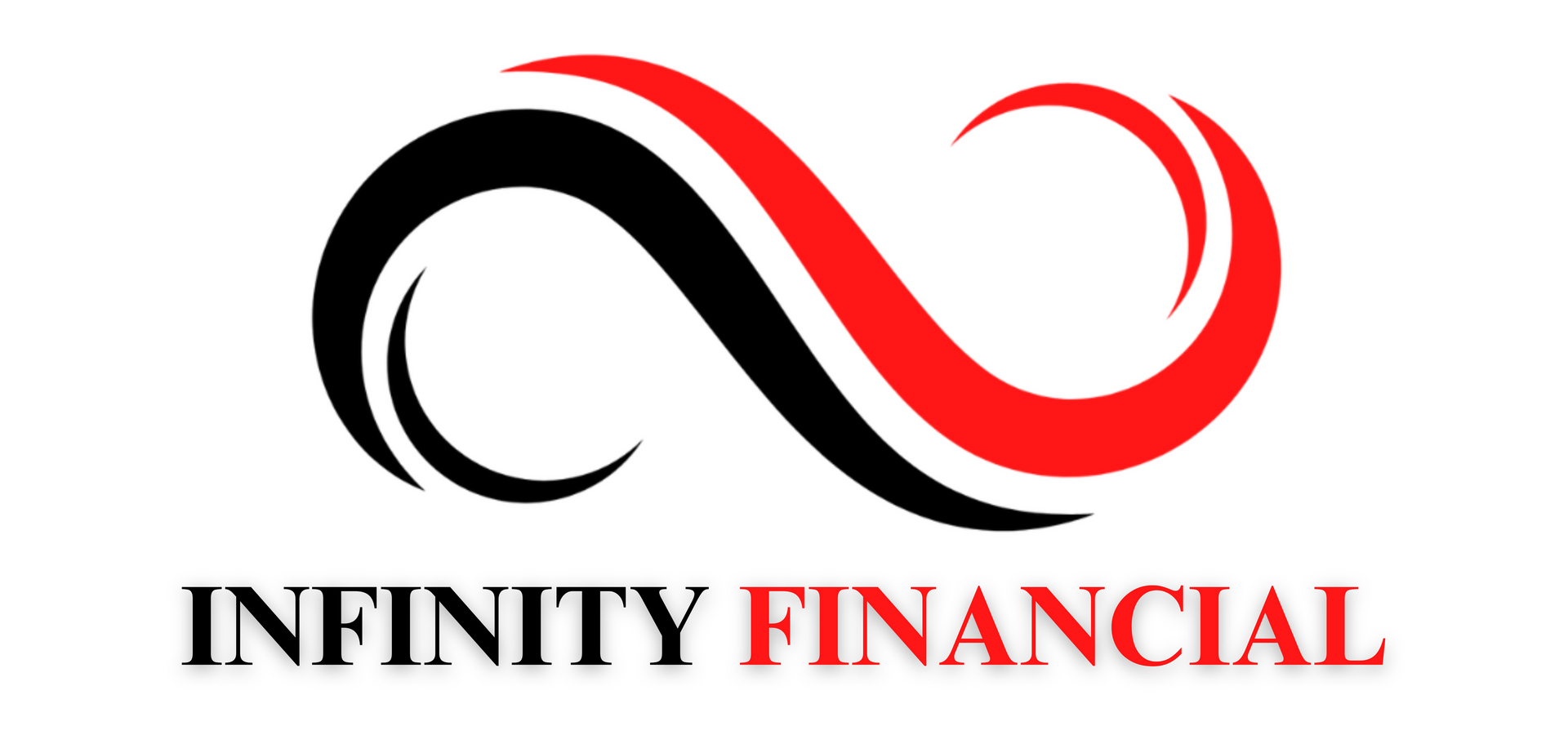Auditing and Compliance: Best Practices for Canadian Companies

Introduction
For small business owners in Canada, comprehending and adhering to tax regulations is crucial. This guide aims to demystify the complexities of Canadian tax laws, providing you with essential information on tax filing, claiming tax credits, managing tax deductible expenses, and understanding tax brackets in Canada. Additionally, it covers topics like accessing CRA My Account, handling capital gains tax, filing your tax return in Canada, and exploring options for taxpayer relief. Whether you are self-employed and navigating self-employed tax obligations in Canada or seeking insights on maximizing your tax refund, this guide is designed to help you effectively manage your taxes and avoid common pitfalls.
Understanding the Basics of the Canadian Tax System
Navigating the Canadian tax system begins with understanding the different types of taxes your business might be subject to, such as capital gains tax and identifying tax deductible expenses. Your business structure also influences your tax filing obligations, eligibility for tax credits, and placement within tax brackets in Canada. Additionally, utilizing tools like CRA My Account can simplify managing your tax return in Canada and tracking potential tax refunds. For self-employed individuals, understanding self-employed tax obligations in Canada is key to compliance. Lastly, knowing your options for taxpayer relief ensures you're prepared for unforeseen challenges.
Types of Taxes for Small Businesses
Income Tax
- Businesses in Canada pay income tax based on their structure, with tools like CRA My Account simplifying tax filing and refunds.
- For sole proprietorships and partnerships, income falls under personal tax brackets, while corporations pay corporate income tax.
- Goods and Services Tax (GST)/Harmonized Sales Tax (HST)GST is a 5% federal tax on most goods and services, and some provinces combine it with provincial sales tax to create the HST, affecting tax filing and tax obligations for businesses.
- Businesses with annual revenue exceeding $30,000 must register for GST/HST, collecting the tax on sales and remitting it to the Canada Revenue Agency (CRA) as part of their tax filing obligations.
Provincial Sales Taxes (PST)
- In provinces without HST, businesses may need to collect PST on sales, with the rate varying by province, affecting their tax filing obligations.
Knowing Your Business Structure
Your tax obligations significantly depend on your business structure:
Sole Proprietorship
- As the simplest business structure, a sole proprietorship involves including business income or losses in your personal tax return.
Partnership
- In a partnership, each partner reports their share of the partnership’s income or losses on their personal tax returns.
Corporation
- A corporation is a separate legal entity, so it requires its own tax return. Corporate tax rates are generally lower than personal tax rates.
Fiscal Year-End
- The fiscal year-end is crucial for tax filing and reporting. Corporations can choose their fiscal year-end, while sole proprietorships and partnerships typically use December 31st for their tax return in Canada.
Record Keeping and Documentation
Effective record-keeping is crucial for accurate tax reporting and can be a lifesaver in case of an audit.
Keep All Receipts and Invoices: Document all business transactions, including expenses, income, and investments.
Organized Financial Records: Maintain organized books, including ledgers, journals, and financial statements, to simplify tax filing and ensure accurate tax return preparation.
Accounting Software: Using accounting software helps track finances, making tax filing and tax reporting more accurate and efficient.
Deductions and Credits
Understanding what deductions and credits are available can significantly reduce your tax liability.
Common Deductions
Home-Office Expenses: If you work from home, a portion of your housing costs like utilities, property taxes, and mortgage interest can be deducted.
Vehicle Expenses: Expenses for vehicles used for business purposes, like fuel, maintenance, and insurance, are deductible.
Advertising and Marketing Costs: Money spent on promoting your business is deductible.
Tax Credits
Small Business Deduction: Canadian-controlled private corporations (CCPCs) are eligible for a reduced corporate income tax rate on the first $500,000 of active business income annually.
GST/HST Registration and Compliance
If your business earns over $30,000 annually, GST/HST registration is mandatory. You’ll need to:
Collect the Tax: Add GST/HST to your prices.
Report and Remit the Tax: File regular GST/HST returns and remit the collected tax to the CRA.
Payroll Taxes and Compliance
If you have employees, you’re responsible for remitting payroll taxes:
Employment Insurance (EI): Deduct EI premiums from employee wages and contribute a matching amount as part of tax filing obligations.
Canada Pension Plan (CPP): Deduct CPP contributions from employee wages and contribute a matching amount for compliance with tax regulations.
Income Tax: Deduct income tax based on each employee's tax bracket for accurate tax filing.
Working with Tax Professionals
While this guide provides a foundation, working with a tax professional can offer tailored advice and help navigate complex tax situations.
Staying Informed About Tax Changes
Tax laws evolve, and staying updated is crucial:
Follow Updates from the CRA: The CRA website is a valuable resource for the latest tax information.
Professional Advisories: Consider subscribing to newsletters from tax professionals.
Tax Planning Strategies
Effective tax planning involves more than just meeting compliance requirements:
Maximize Deductions and Credits:** Understand what you can legally deduct or claim
.
Cash Flow Management: Plan for tax payments to avoid impacting your business cash flow.
Handling Audits and Disputes In case of an audit
Be Prepared: Ensure all your records are accurate and accessible.
Know Your Rights: Understand the process and what the CRA is entitled to audit.
Conclusion
Successfully navigating Canadian
tax laws requires a blend of understanding, organization, and proactive planning. By staying informed, maintaining accurate records, and seeking professional advice when necessary, you can manage your
tax filing and obligations effectively, ensuring compliance and contributing to your business's financial health.





